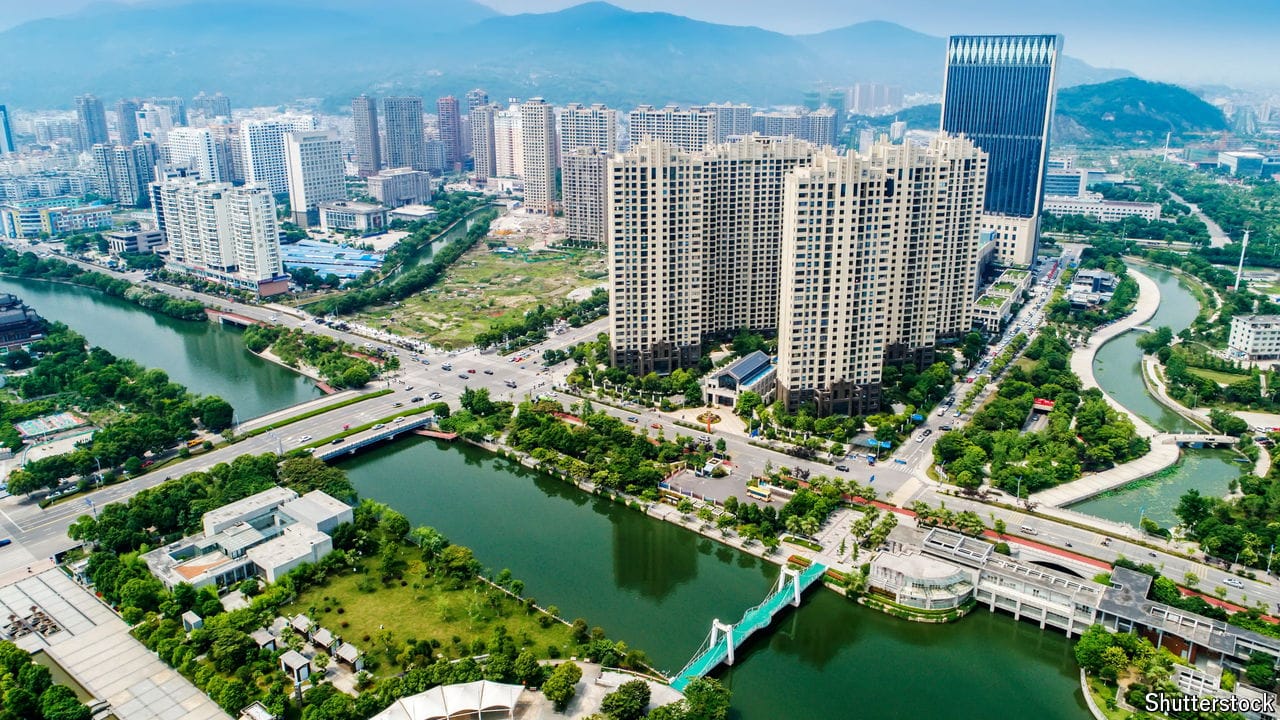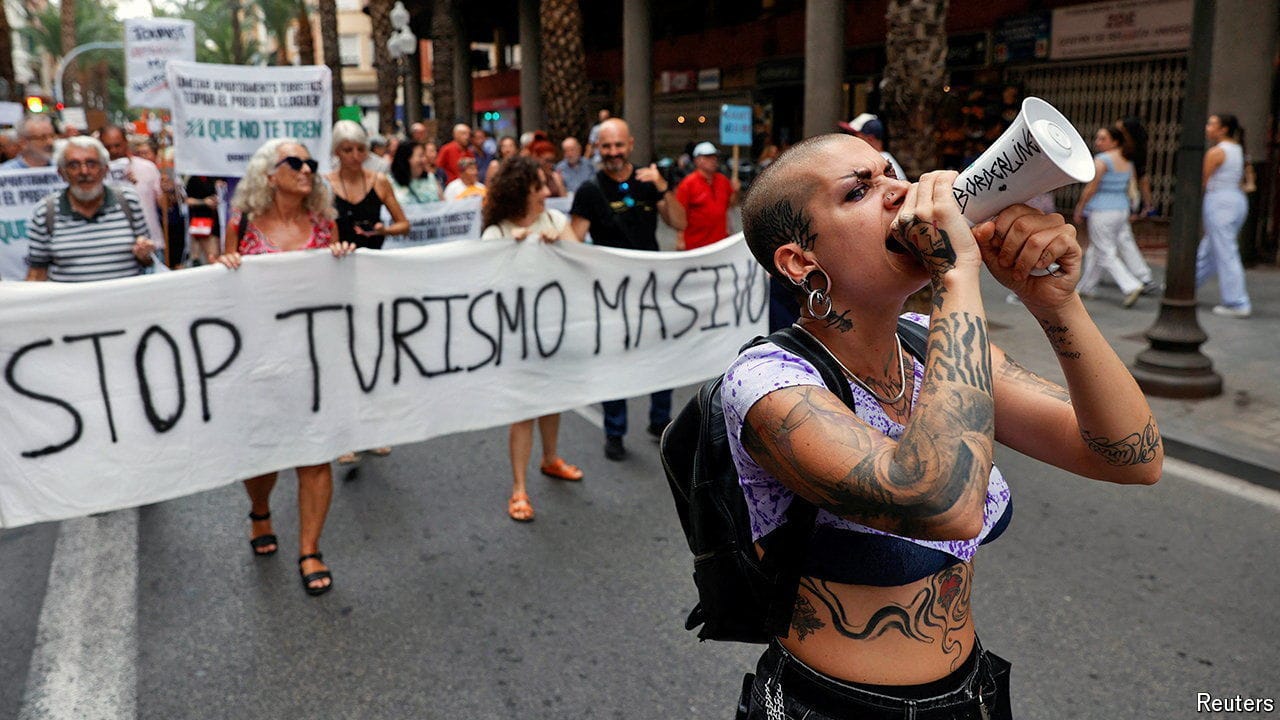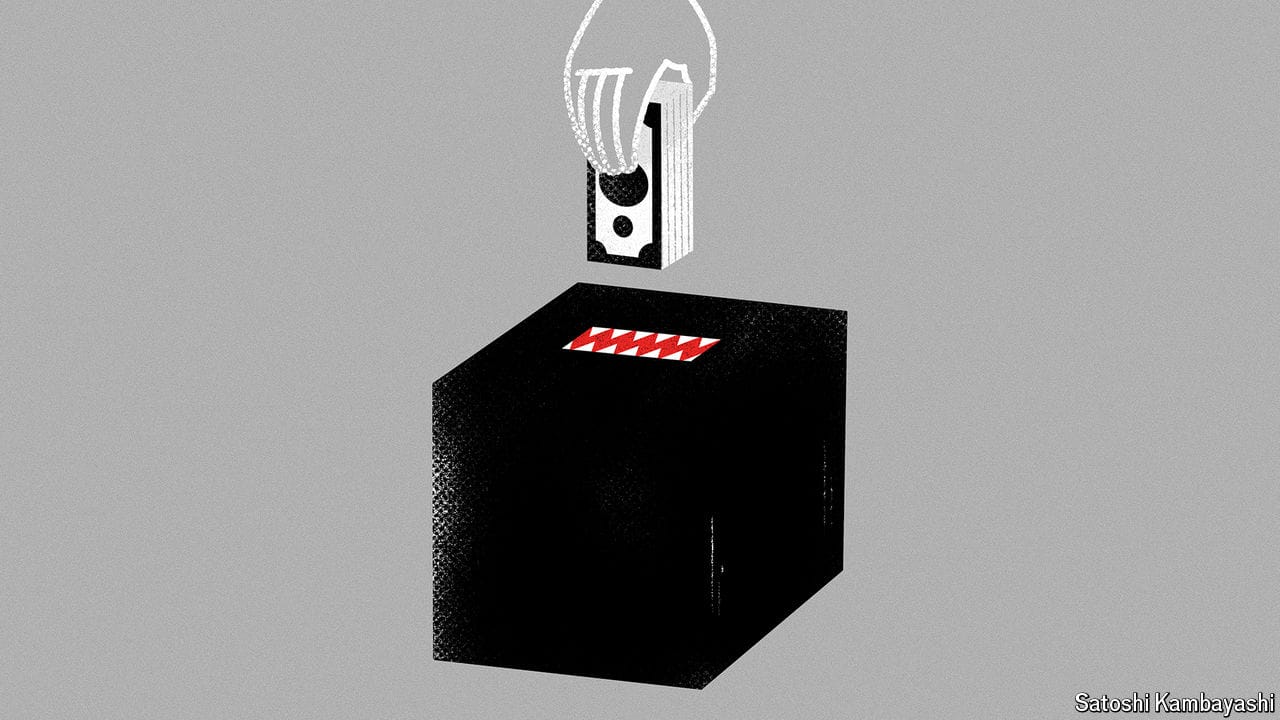Is modern monetary theory nutty or essential?
Some eminent economists think the former

“MODERN MONETARY THEORY” sounds like the subject of a lecture destined to put undergraduates to sleep. But among macroeconomists MMT is far from soporific. Stephanie Kelton, a leading MMT scholar at Stony Brook University, has advised Bernie Sanders, a senator and presidential candidate. Congresswoman Alexandria Ocasio-Cortez, a young flag-bearer of the American left, cites MMT when asked how she plans to pay for a Green New Deal. As MMT’s political stock has risen, so has the temperature of debate about it. Paul Krugman, a Nobel prizewinner and newspaper columnist, recently complained that its devotees engage in “Calvinball” (a game in the comic strip “Calvin and Hobbes” in which players may change the rules on a whim). Larry Summers, a former treasury secretary now at Harvard University, recently called MMT the new “voodoo economics”, an insult formerly reserved for the notion that tax cuts pay for themselves. These arguments are loud, sprawling and difficult to weigh up. They also speak volumes about macroeconomics.
MMT has its roots in deep doctrinal fissures. In the decades after the Depression economists argued, sometimes bitterly, over how to build on the ideas of John Maynard Keynes, macroeconomics’ founding intellect. In the end, a mathematised, American strain of Keynesianism became dominant, while other variants were lumped into the category of “post-Keynesianism”: an eclectic mix of ideas consigned to the heterodox fringe. In the 1990s a number of like-minded thinkers drew on post-Keynesian ideas in fleshing out the perspective embodied in MMT.
This article appeared in the Finance & economics section of the print edition under the headline “Magic or logic?”
Finance & economics March 16th 2019
- China’s current-account surplus has vanished
- How to be a rock-star bond investor
- Euro-zone fiscal policy is easing for the first time in a decade
- Wells Fargo takes a pasting, from Congress and a regulator
- Indians may be falling out of love with gold
- The struggle to restore Turkey’s stricken economy
- Is modern monetary theory nutty or essential?
More from Finance and economics

China’s last boomtowns show rapid growth is still possible
All it takes is for the state to work with the market

What the war on tourism gets wrong
Visitors are a boon, if managed wisely

Why investors are unwise to bet on elections
Turning a profit from political news is a lot harder than it looks
Revisiting the work of Donald Harris, father of Kamala
The combative Marxist economist focused on questions related to growth
Donald Trump wants a weaker dollar. What are his options?
All come with their own drawbacks
Why is Xi Jinping building secret commodity stockpiles?
Vast new holdings of grain, natural gas and oil suggest trouble ahead
